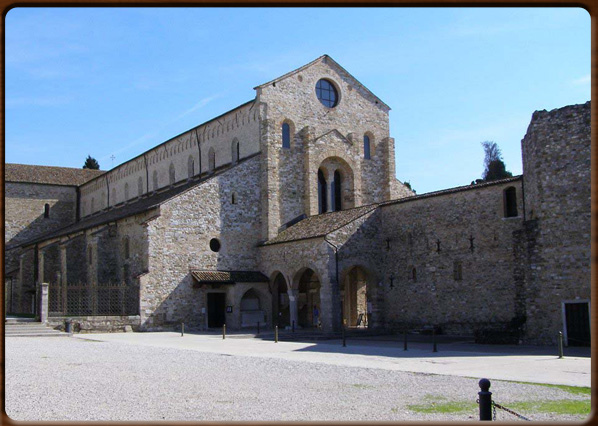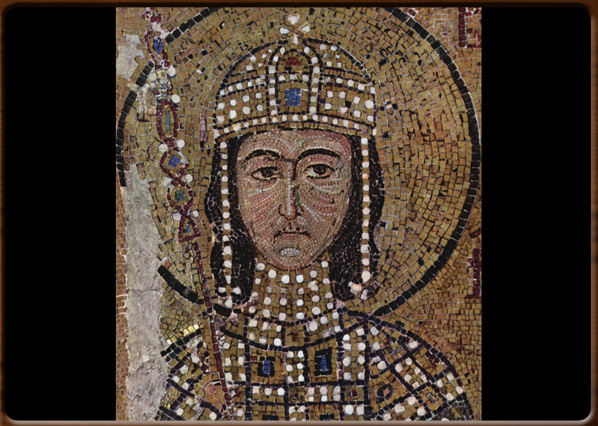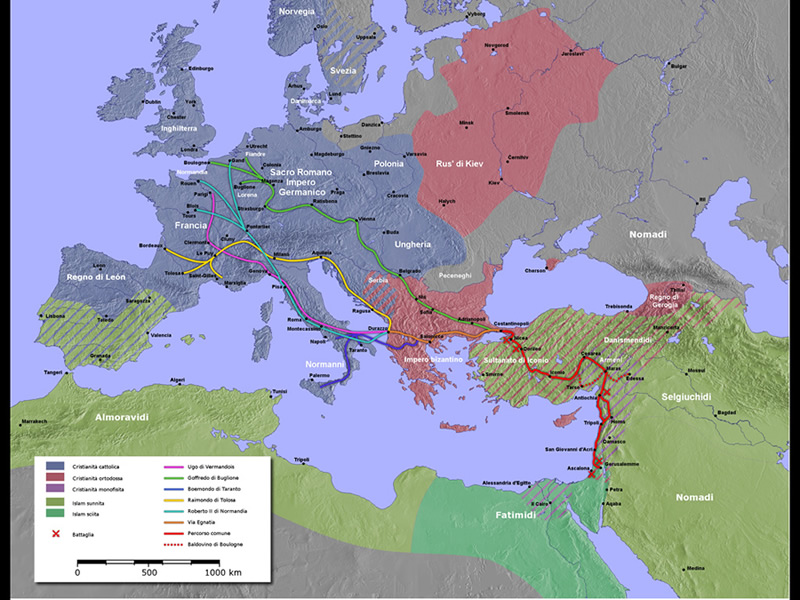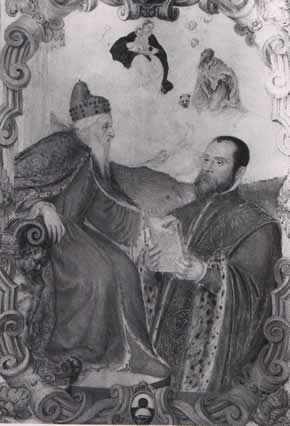
Patriarcal Basilica in Aquileia.

The Doge Vitale Falier.

Robert Guiscard.

First Cruisade.

The Doge Marino Grimani entrusts the Commission.





No video
The 11th Century was marked by two moments of great tension, which proved to be a good and successful test of Venetian diplomacy: the Patriarch of Aquileia’s claims on the city of Grado backed by the Emperor Conrad II in 1027 and the Normans’s ambitions to conquer the eastern shore of the Adriatic and the city of Constantinople.
The conflicts with the Normans were a major economic and military burden for Venice under Doge Vitale Falier .
The war ended with the death of the Norman leader Robert Guiscard in 1085. The Emperor of Constantinople, Alessio I Comneno, granted the Venetians another Bolla d’Oro in 1082 in recognition of their efforts, thus further consolidating their already extensive economic privileges.
On 26th November 1095, Pope Urban II proclaimed the First Crusade at the Council of Clermont. Venice took part, guaranteeing safe (but expensive) passages for crusaders. The enormous economic benefits for Venice led to their rivalry with the Maritime Republics of Genoa and Pisa.
400 - 1000 - - rev. 0.1.6